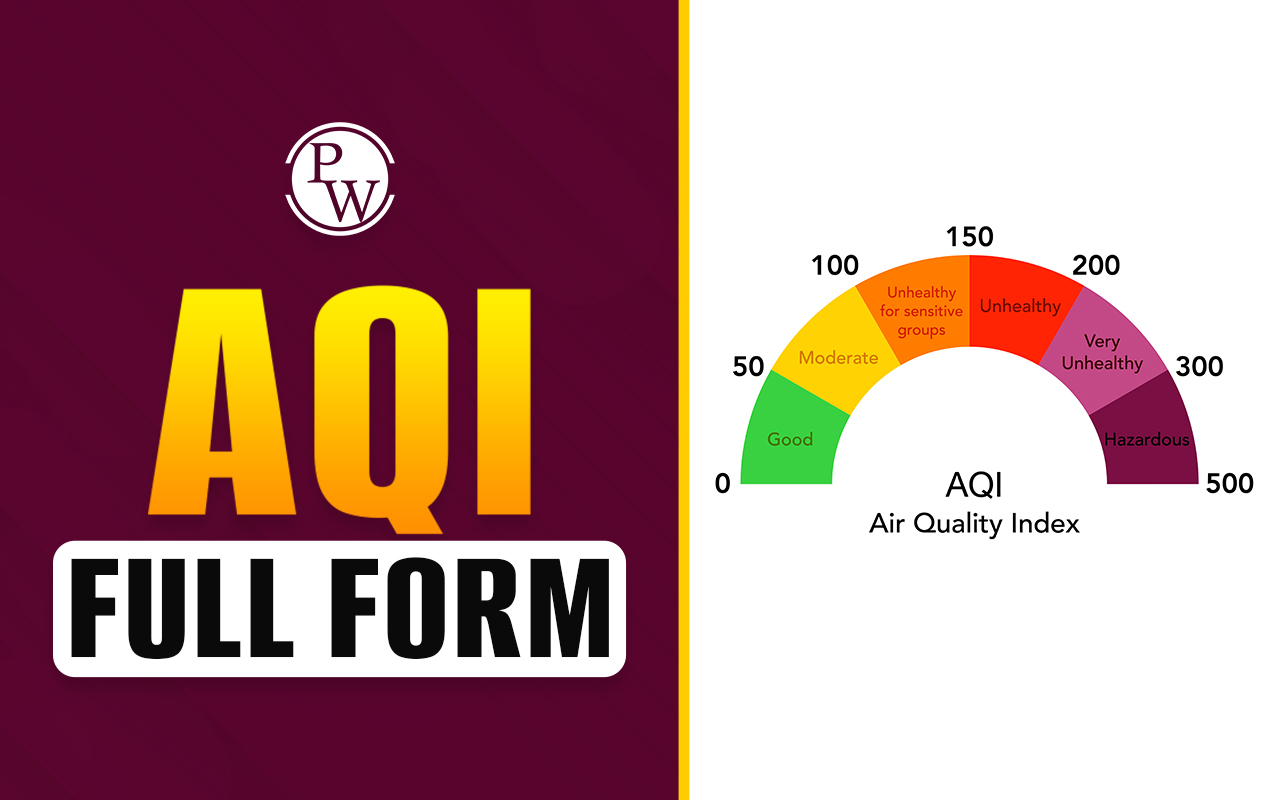
What is the Full Form of FDI and FII?
The full form of FDI stands for Foreign Direct Investment.
Whereas the word FII stands for Foreign Institutional Investors. FDI (Foreign Direct Investment) and FII (Financial Institutional Investors) are the two ways of investment.
Foreign Direct Investment (FDI) is an investment in the form of owning the stakes or controlling ownership in any real estate, business, factories, industries, or in any productive asset in one country by a company entirely based in another country.
Furthermore, it includes mergers and acquisitions, building new facilities, and reinvesting profits earned from overseas operations and tasks.
Moreover, FDI (Foreign Direct Investment) helps in the growth, prosperity, and development of the whole world through the transfer of technology and various business practices with large employment opportunities. It also leads to resource transfer, cost reduction, increased productivity, etc.
Some demerits of Foreign Direct Investment (FDI) are it sometimes adversely affects the domestic company or domestic investments, it also affects the exchange rate of the company, etc.
Foreign Institutional Investors (FII) is a type of investment in which individual investors of any nation invest money or buy stakes in any company entirely based on another country, nation, or economy.
Basically, the foreign institutional investor involves hedge funds, mutual funds, pension funds, insurance bonds, securities, high-value debentures, investment banks, etc.
Foreign Institutional Investors also help in the growth and development of the country by bringing new ideas, business models, and immense job opportunities.
Financial Institutional Investors (FII) invest money into foreign securities and assets, which include stocks, bonds, real estate, and business.
Furthermore, FII (Foreign Institutional Investors) enhance the flow of capital in the economy of the nation; they increase and promote healthy competition in the financial markets.
Moreover, it brings high economic growth, reduces volatility in the financial market, gives exposure to new markets and sectors, etc.
Foreign Institutional Investors (FII) have various merits, such as providing much-needed capital or funds in the financial market, and they help stabilize the market during a crisis.
Furthermore, it also helps in the development and growth of the local economy. It also increases the purchasing capacity of the masses, which in turn helps in the growth of the economy.
Foreign Institutional Investors (FII) in India must be registered under SEBI (Securities and Exchange Board of India).
Some demerits of Foreign Institutional Investors (FII) are that they are profit-oriented and do not think about the country or its economy they are investing in. Moreover, sometimes they can also become a source of money laundering and tax evasion.
Difference Between FDI and FII
- One basic difference between FDI and FII is that you can easily enter and exit in Foriegn Institutional Investment, while Foriegn Direct investments are more controlled and also need government approvals which means that they are not easy to enter and exit.
- Foreign Direct Investments are basically made for the long term, and they bring long-term capital to the company, while Foreign Institutional Investors invest both for the long and short term according to their convenience.
- Foreign Direct Investment takes some stakes or equity in the company, which means that they obtain some sort of control of the company in which they made their investment. Foreign Institutional Investors do not exert any control over the company they invest in.
- In Foreign Institutional Investors' investments, basically, there are transfer funds such as pension funds, bonds, etc. In Foreign Direct Investment, there is not only the transfer of funds but also the transfer of resources, technologies, skills, strategies, technical know-how, etc.
- Foreign Direct Investment (FDI) brings growth to the economy of the nation. It increases the country's GDP (Gross Domestic Product). At the same time, Foreign Institutional Investors (FII) increase the capital in the economy.
- Foreign Institutional Investors (FII) are not targeted at any particular company or business. In this, basically, the flows in the financial market. Whereas in Foreign Direct Investment (FDI), the investment is targeted toward a specific company or business.
- Foreign Direct Investment is a more stable form of investment in comparison to Foreign Institutional Investments, in which there is easy entry and exit.
[wp-faq-schema title=" FDI and FII Full Form FAQs" accordion=1]
Q1. What are FDI and FII
Q2. What is the difference between FDI and FII










